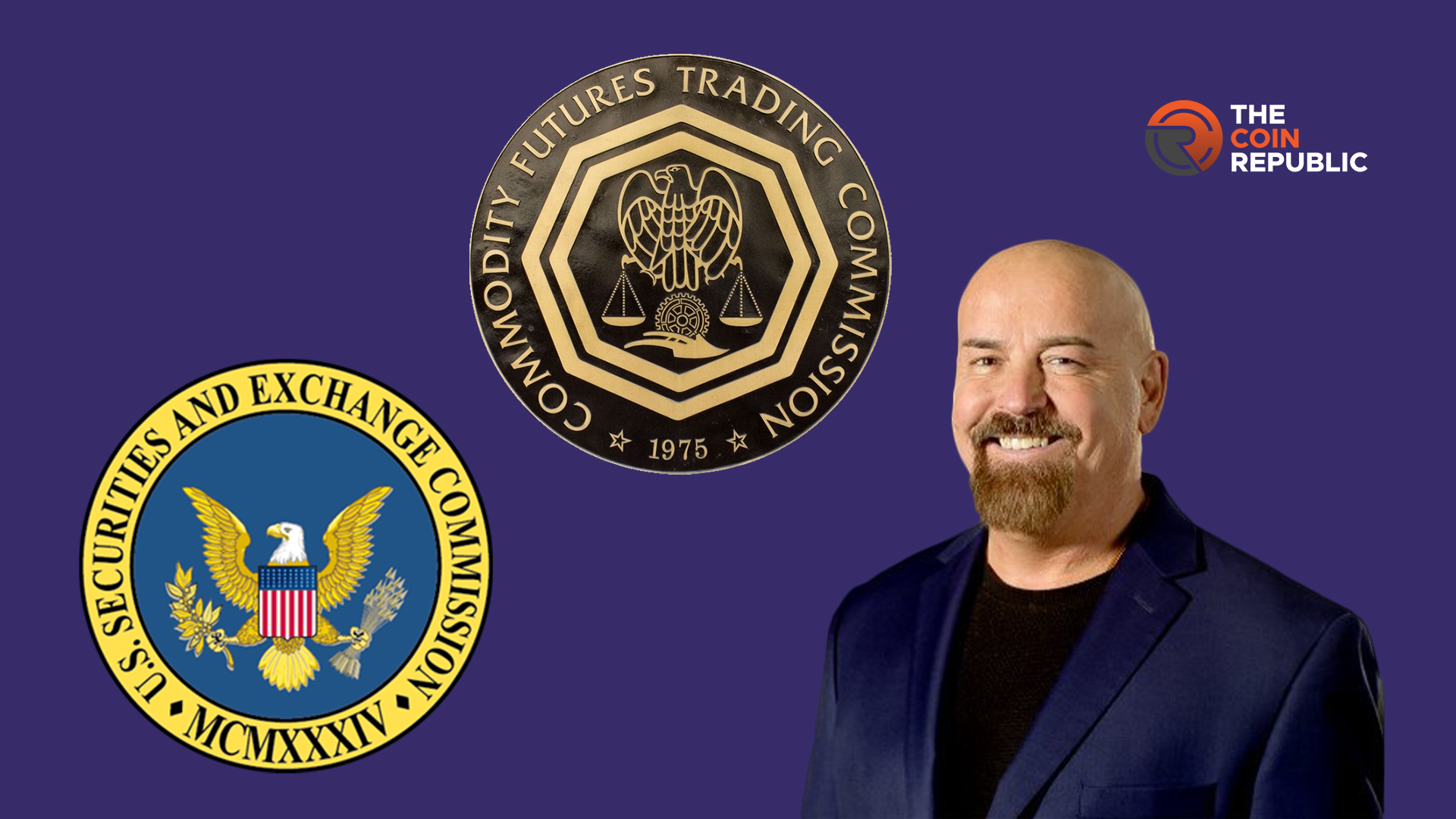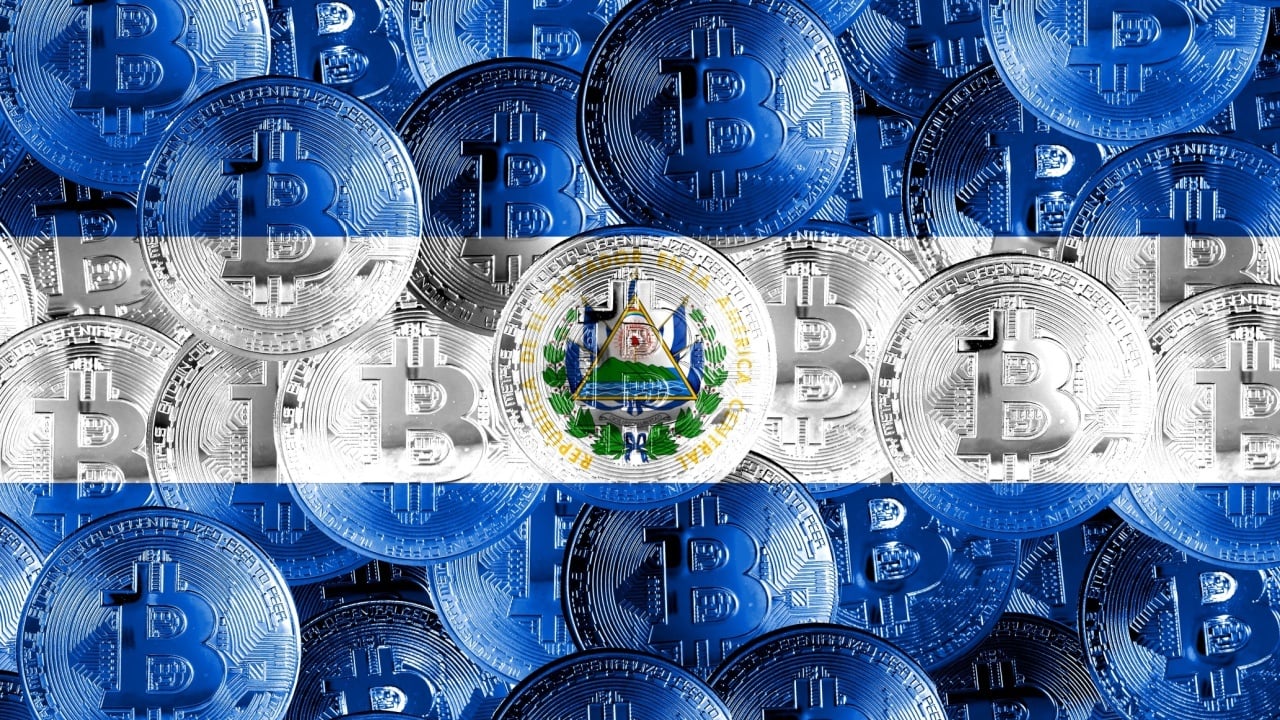John E. Deaton who used to represent XRP on legal matters urges that the US Securities and Exchange Commission (SEC) and the Commodity Futures Trading Commission should be merged.
This consolidation would simplify financial regulation, eliminate the redundancy in tasks between agencies.
He states that XRP it will resolve the inconsistencies between the two agencies. He suggests that such a move could help lead to greater, more efficient, more transparent and more competitive operation across traditional financial markets as well as within the global cryptocurrency space.
The Case for a Unified Regulator – SEC + CFTC
According to the former XRP lawyer, today, the SEC handles securities while, the CFTC oversees commodities, and derivatives.
However, increasing complexity of financial product has softened the boundaries of this dichotomy, with examples including swaps and cryptocurrencies.
This overlap has caused many problems such as confusion, delay and inter-agency conflict at the inter agency level. Deaton claims this hinders market participants and stifles innovation.
– Advertisement –
Here, Deaton, speaking alongside Perianne Boring, founder of the Chamber of Digital Commerce, underscored that these inefficiencies stymie commerce without the need.
As he argues, combining the SEC and CFTC into one agency will grant a unified view over oversight.
Eliminating this would reduce redundant processes, eliminate inconsistencies in enforcement practices, and it would be much easier for companies to conform with the regulations.
In fact, Deaton’s proposal is in keeping with the practices of the very other leading nations having a single regulatory body for financial markets, as does the United Kingdom.
Adopting a similar model in the U.S. would simplify compliance and help the nation compete in the global markets, he said.
Cryptocurrencies in the Regulatory Gray Zone
The case of XRP was highlighted, a virtual currency classified by the Financial Crimes Enforcement Network (FinCEN) in 2015.
Ripple Labs (the company that created XRP) settled with FinCEN at the time and had to obey U.S. banking laws.
Five years later, the SEC deemed XRP to be a security. And the ensuing lawsuit cost the company nearly $15 billion in investor value.
Deaton says such regulatory inconsistency hurts investors and litters the legal grounds on which businesses stand.
He argues that if there was a unified regulator in cryptocurrency market, the contractors would not come across problems similar to contradictions.
It would protect investors and add to innovation. He states that this will end up giving companies the confidence to make new products without fear of shock enforcement actions.
Aligning with Global Standards
Deaton states that the greatest benefit of merging the SEC and CFTC would be to harmonize the U.S. regulatory rulebook with globalization standards.
So many countries have adopted a unified approach to regulation, including the UK and Australia.
For financial markets and regulators, this model provides for a more consistent form of oversight. And additional flexibility to make changes in the face of new developments.
Deaton says the same model is likely to help the U.S. become more competitive in global financial markets.
A streamlined regulatory framework would help potential new enterprises from both home and abroad invest in the U.S. and innovate very easily.
The idea of merging the SEC and CFTC isn’t new. Recent events indicate there may be some coming together for the two agencies to work more closely than before.
Last month, Representative John Rose introduced a bill called H.R. 4270 that would call for a direct advisory panel on digital assets.
The committee is a component of a proposed ‘Bridging Regulation and Innovation for Digital Global and Electronic Digital Assets Act.’ This seeks to establish an outreach between the SEC and the CFTC.
Indiana lawmakers intend to form a committee of both agencies’ representatives, industry experts, academics and drive to harmonize laws and explore use of blockchain technology to improve financial efficiency.
This initiative doesn’t advance to an all out merger but to a more collaborative and connected regulation.










